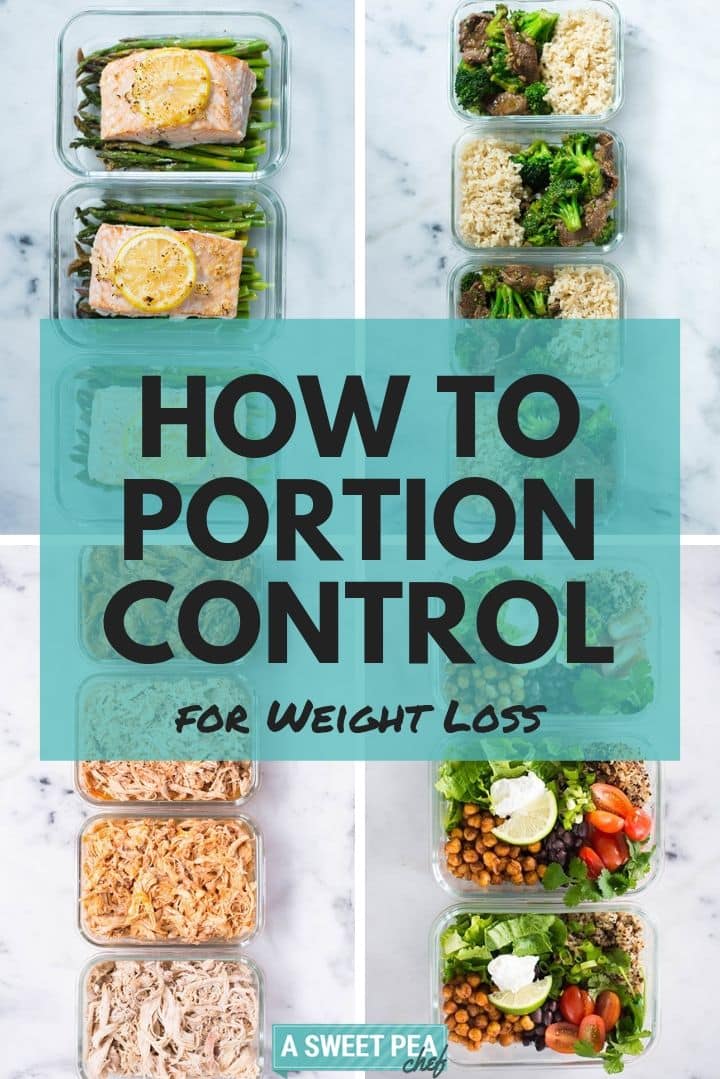Staring at yourself in the mirror and wondering why the scale won’t budge? You’re not alone. I think the biggest mistake people make when trying to lose weight is guessing their calorie needs instead of calculating them properly. This isn’t just about eating less—it’s about eating the right amount for your specific body and goals.
The truth is, weight loss becomes dramatically easier when you know your exact calorie target. I feel strongly that understanding your personal calorie needs is the foundation of any successful weight loss journey. Without this knowledge, you’re essentially driving blindfolded, hoping you’ll reach your destination.

Understanding Your Daily Calorie Needs
Your body burns calories constantly, even while you sleep. This baseline energy requirement is called your Basal Metabolic Rate (BMR), and it accounts for roughly 60-70% of your total daily energy expenditure. However, determining how many calories you should eat involves much more than just your BMR.
The magic number you’re looking for is your Total Daily Energy Expenditure (TDEE). This includes your BMR plus all the calories you burn through physical activity, digestion, and daily movement. I’ve found that most people significantly underestimate their actual calorie needs, which leads to frustration when they plateau.
According to the Mayo Clinic, calorie calculators provide estimates based on population data, but individual factors like genetics, medications, and body composition can affect your actual needs. That’s why I always recommend using these calculations as starting points rather than absolute rules.

The Science Behind Weight Loss Calculations
Weight loss fundamentally comes down to creating a calorie deficit—burning more calories than you consume. However, the “calories in, calories out” equation isn’t as simple as it appears on paper. Your metabolism adapts to changes in calorie intake, and various factors influence how efficiently your body burns fuel.
Research from Healthline shows that most females need at least 1,600 daily calories to maintain weight, while males typically require at least 2,000 calories. These baseline numbers provide a foundation, but your specific needs depend on several key factors.
The Mifflin-St. Jeor equation is considered the gold standard for calorie calculations because it accounts for age, sex, height, and weight. This formula has proven more accurate than older methods and provides reliable estimates for most people. However, I always emphasize that these are starting points—your body might respond differently.
Key Factors That Influence Your Calorie Needs
Age and Metabolism
As we age, our metabolic rate naturally decreases by approximately 2-3% per decade after age 30. This happens because we typically lose muscle mass and become less active over time. Therefore, a 50-year-old person will generally need fewer calories than a 25-year-old with similar stats.
Sex Differences
Men typically have higher calorie needs than women due to naturally higher muscle mass and larger body size. Hormonal differences also play a role, with testosterone promoting muscle growth and higher metabolic rates. Women’s calorie needs can fluctuate throughout their menstrual cycle due to hormonal changes.
Activity Level
Your physical activity level dramatically impacts your calorie needs. Someone who exercises regularly can eat significantly more while still losing weight compared to a sedentary person. I categorize activity levels as:
- Sedentary: Little to no exercise
- Lightly active: Light exercise 1-3 days per week
- Moderately active: Moderate exercise 3-5 days per week
- Very active: Hard exercise 6-7 days per week
- Extremely active: Physical job plus exercise

Body Composition
Muscle tissue burns significantly more calories than fat tissue, even at rest. Two people with identical weight might have vastly different calorie needs if one has more muscle mass. This is why strength training is crucial for long-term weight management—it helps maintain your metabolic rate during weight loss.
How to Calculate Your Weight Loss Calories
Step 1: Calculate Your BMR
The Mifflin-St. Jeor equation provides the most accurate BMR calculation:
For women: BMR = (10 × weight in kg) + (6.25 × height in cm) – (5 × age in years) – 161
For men: BMR = (10 × weight in kg) + (6.25 × height in cm) – (5 × age in years) + 5
Step 2: Determine Your TDEE
Multiply your BMR by your activity factor:
- Sedentary: BMR × 1.2
- Lightly active: BMR × 1.375
- Moderately active: BMR × 1.55
- Very active: BMR × 1.725
- Extremely active: BMR × 1.9
Step 3: Create Your Calorie Deficit
To lose weight sustainably, subtract 500-750 calories from your TDEE. This typically results in 1-1.5 pounds of weight loss per week. I strongly advise against creating deficits larger than 1,000 calories daily, as this can slow your metabolism and make long-term success more difficult.

Safe Calorie Minimums for Weight Loss
Never go below these minimum calorie intakes, regardless of your calculated deficit:
- Women: 1,200 calories per day
- Men: 1,500 calories per day
Eating below these thresholds can lead to nutrient deficiencies, muscle loss, metabolic slowdown, and other health complications. Your body needs adequate fuel to maintain essential functions and preserve lean muscle mass during weight loss.
Adjusting Your Calories for Optimal Results
Week 1-2: Observation Phase
Start with your calculated calorie target and monitor your weight, energy levels, and hunger. Weight fluctuations are normal, so focus on the overall trend rather than daily changes.
Week 3-4: Fine-Tuning
If you’re losing weight too quickly (more than 2 pounds per week), increase your calories slightly. If progress has stalled, consider reducing calories by 100-200 or increasing your activity level.
Monthly Reassessment
As you lose weight, your calorie needs decrease. Recalculate your TDEE every 10-15 pounds lost and adjust accordingly. This prevents plateaus and keeps your metabolism healthy.

Maximizing Weight Loss Beyond Calorie Counting
While calories matter most for weight loss, food quality significantly impacts how you feel and your long-term success. Focus on nutrient-dense foods that keep you satisfied and energized.
Prioritize Protein
Aim for 0.7-1 gram of protein per pound of body weight. Protein helps preserve muscle mass, increases satiety, and has a higher thermic effect than carbs or fats. This means your body burns more calories digesting protein.
Time Your Carbohydrates
I recommend eating most of your carbohydrates around your workouts when your body can best utilize them for energy and recovery. Choose complex carbs like oats, quinoa, and sweet potatoes over refined options.
Don’t Fear Healthy Fats
Include sources like avocados, nuts, olive oil, and fatty fish. Fats help with hormone production, nutrient absorption, and satiety. Aim for 20-30% of your calories from healthy fats.
Common Calculator Mistakes to Avoid
Overestimating Activity Levels
Most people overestimate how active they are. Unless you’re doing structured exercise for 45+ minutes most days, you’re probably lightly active at most. Be honest about your actual activity to get accurate calculations.
Ignoring Liquid Calories
Beverages can add hundreds of hidden calories to your daily intake. Track everything you drink, including cream in coffee, sports drinks, and alcohol. These calories count just as much as food calories.
Not Accounting for Weekends
Many people eat significantly more on weekends, which can completely offset their weekday deficit. Plan for social events and treats by adjusting your weekly calorie budget rather than your daily target.

Using Technology to Track Your Progress
Modern calorie tracking apps make monitoring your intake easier than ever. Popular options include MyFitnessPal, Cronometer, and Lose It. These tools provide extensive food databases and can help you stay consistent with your calorie goals.
However, remember that these apps are tools, not masters. Use them to learn about portion sizes and food choices, but don’t become obsessed with hitting exact numbers every single day. Flexibility is key for long-term success.
When to Seek Professional Help
Consider consulting a registered dietitian or healthcare provider if you:
- Have underlying health conditions
- Take medications that affect metabolism
- Have a history of eating disorders
- Aren’t seeing results after 4-6 weeks of consistent effort
- Experience extreme fatigue or other concerning symptoms
The Bottom Line on Calorie Calculators
Calorie calculators provide valuable starting points for weight loss, but they’re not crystal balls. Your individual response to calorie restriction depends on genetics, hormones, stress levels, sleep quality, and countless other factors. The key is using these tools as guides while listening to your body’s signals.
I believe the most successful approach combines scientific calculation with practical flexibility. Start with your calculated calorie target, track your progress, and adjust based on real-world results. Remember, the best diet is one you can stick to long-term.
Weight loss isn’t just about the numbers on the scale—it’s about creating sustainable habits that improve your overall health and quality of life. Use calorie calculators as powerful tools in your arsenal, but don’t forget that consistency, patience, and self-compassion are equally important for lasting success.
For accurate calorie calculations and tracking tools, visit startcalculator.com to access reliable calculators that can help you determine your personalized daily calorie needs for effective weight loss.
This article provides general information and should not replace professional medical advice. Always consult with a healthcare provider before starting any weight loss program, especially if you have underlying health conditions.

